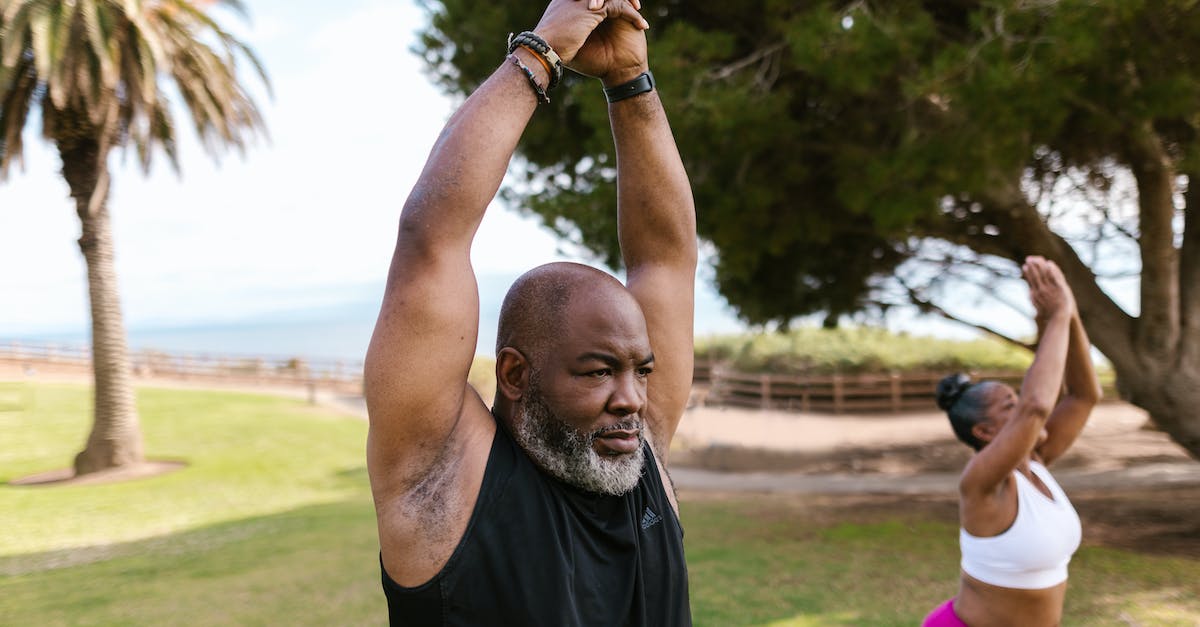Did you know that parks play a crucial role in reducing healthcare costs? From physical activity to mental well-being, our green spaces offer a range of health benefits that can positively impact our overall wellness.
In our post, we’ll explore how parks contribute to lowering healthcare expenses and improving community health.
By understanding the connection between parks and healthcare costs, we can uncover valuable insights that may lead to more cost-effective healthcare solutions.
Join us as we investigate into the significant role that parks play in promoting a healthier society and reducing the burden on healthcare systems.
Key Takeaways
- Parks are vital for physical activity, offering open spaces for exercise and recreational activities to promote a healthy lifestyle and prevent chronic diseases.
- Green spaces in parks have psychological benefits by reducing stress, improving mood, and enhancing mental well-being, contributing to overall wellness.
- Parks play a significant role in fostering community health and social connections, providing free spaces for recreation, social interactions, and community events.
- Access to parks has economic value in healthcare by reducing healthcare costs through promoting physical activity, reducing stress-related issues, and emphasizing preventive healthcare measures.
- Strategies to maximize park benefits for healthcare include promoting physical activity, organizing community health programs, enhancing accessibility for all individuals, and maintaining green spaces for long-term health benefits.

Importance of Parks for Physical Activity
Parks are essential for physical activity. They provide open spaces for exercise and recreational activities. Regular physical activity in parks helps us stay active and maintain a healthy lifestyle. Whether it’s walking, jogging, or playing sports, parks offer a variety of options to keep us moving.
When we engage in physical activity in parks, we benefit from fresh air and natural surroundings. This helps improve our physical health and boosts our mental well-being. Exercising outdoors can reduce stress, improve our mood, and increase our energy levels.
By promoting physical activity, parks play a crucial role in preventing chronic diseases and reducing healthcare costs. They create opportunities for us to prioritize our health and incorporate exercise into our daily routine. Let’s make the most of our parks to stay active and healthy.
For more information on the benefits of physical activity, you can visit the American Heart Association website.
Psychological Benefits of Green Spaces
Spending time in parks can have a positive impact on our mental health. Being surrounded by greenery and open spaces can help reduce stress and improve our mood. Studies have shown that regular exposure to nature in parks can lower anxiety levels and increase feelings of well-being. Also, engaging in physical activity in these green spaces can further boost our mental well-being by releasing endorphins, also known as feel-good hormones.
When we incorporate visits to parks into our routine, we give ourselves the opportunity to unwind and disconnect from the hustle and bustle of daily life. This break from our usual surroundings can provide a much-needed refresh for our minds and help us recharge. By simply spending time in parks and enjoying the natural environment, we can nurture our mental health and foster a sense of peace within ourselves.
Remember to take advantage of the psychological benefits that green spaces offer. It’s not just about physical health; our mental well-being also thrives when we connect with nature in parks.
For more information on the benefits of green spaces for mental health, check out this resource.

Social Impact and Community Health
Parks play a crucial role in promoting community health and fostering a social impact within neighborhoods. Studies have shown that access to green spaces in urban areas can enhance overall well-being, encouraging individuals to engage in physical activities and connect with nature. By offering a free space for recreation and relaxation, parks promote social interaction and cohesion among community members. This leads to a sense of belonging and solidarity. Also, parks act as a hub for community events, fostering a sense of togetherness and camaraderie among residents. These social connections can have a positive impact on mental health and emotional well-being, contributing to a healthier and happier community.
For more information on the social benefits of green spaces, check out this study.
Economic Value of Parks in Healthcare
When we talk about the role of parks in our communities, we can’t overlook their economic value in healthcare. Studies have shown that access to green spaces like parks can have a significant impact on reducing healthcare costs in various ways.
One way parks help is by promoting physical activity. By providing a space for people to exercise and engage in outdoor activities, parks contribute to preventing chronic diseases. This, in turn, leads to lower healthcare expenses for individuals and healthcare systems.
Also, spending time in parks has been linked to stress reduction and improved mental health. These benefits translate into lower healthcare utilization for mental health issues, further cutting down on healthcare costs.
With the increasing awareness of the importance of preventive healthcare, investing in parks and green spaces can be seen as a proactive measure to reduce healthcare spending in the long run.
For more information on the economic benefits of parks in healthcare, you can check out this research study conducted by experts in the field.

Strategies to Maximize Park Benefits for Healthcare
When looking to maximize park benefits for healthcare, here are a few simple strategies to consider:
- Promote Physical Activity: Encouraging activities like walking, jogging, or cycling in parks can help improve physical health and reduce the risk of chronic diseases.
- Organize Community Health Programs: Hosting health events, classes, or workshops in parks can foster a healthier community and increase awareness about the importance of outdoor spaces.
- Enhance Accessibility: Making parks easily accessible to all, including individuals with disabilities, can ensure that everyone can enjoy the health benefits they offer.
- Maintain Green Spaces: Regular maintenance and preservation of green areas in parks are crucial to preserving their health-promoting qualities.
For more insights on the economic impact of parks on healthcare, check out this study by the National Recreation and Park Association.

